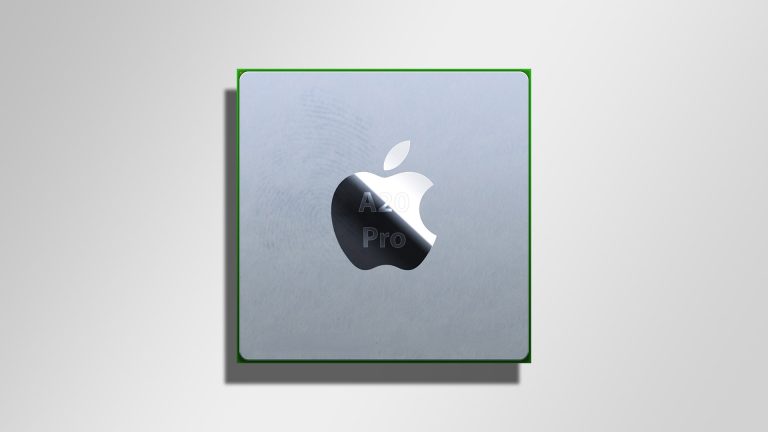Launching the iPhone 17 family next year with Apple’s A19 and A19 Pro on the industry’s first 2nm process would give the company a generational advantage like no other, but even the company knows it must remain within the limits of reality. For example, TSMC recently reportedly achieved a yield of 60 percent for trial production of its 2nm technology, and while this is commendable, this figure needs to be higher for lucrative customers to justify placing orders.
Statistically, mass production of wafers during the testing phase means that production would be far too low, and even if TSMC managed to increase this production figure next year, the astronomical costs of producing each wafer would not allow it is up to Apple to exploit the technology for these are the A19 and A19 Pro. However, a report indicates that by 2026, the wafer production number could increase up to eight times the current value, making it a desired volume for Apple and other customers to place orders with TSMC .
A new estimate claims that by 2026, TSMC’s monthly 2nm wafer production will increase to 80,000 units, enabling mass production of the A20 and A20 Pro on cutting-edge lithography.
Previously, famous analyst Ming-Chi Kuo mentioned that Apple will skip 2nm technology for the iPhone 17 series and wait until the iPhone 18 launch to introduce the new silicon. Kuo said that even then, not all iPhone 18 models would be processed at 2nm A20 due to the high costs involved. Although the exact price was not mentioned, industry reports claim that each 2nm wafer will cost a whopping $30,000, meaning TSMC’s monthly production needs to reach its peak level in order to potentially being able to reduce the price using economies of scale.
As reported by MyDrivers, a report from Morgan Stanley indicates that it will not be possible to increase monthly wafer production at this time, as TSMC’s 2nm trial production is only producing 10,000 units. By next year, that figure is expected to reach 50,000 units, and by 2026, TSMC could produce a staggering 80,000 units, which would be enough for Apple and others to place orders. The Taiwanese foundry giant is also reportedly exploring methods to further reduce its costs, starting with something called the “CyberShuttle” servicewhich will debut in April next year.
This approach, also known as wafer sharing, will allow companies like Apple to evaluate their silicon on the same test wafer, resulting in increased cost savings. The Cupertino giant has other plans for 2026 when it unveils the A20 and A20 Pro, as both chipsets are said to feature a new packaging of WMCM multi-chip module, Wafer-Leveloptimizing size reduction while improving performance. As for who will receive the first 2nm shipments from TSMC, Apple will likely be first in line.
Information source: MyDrivers


